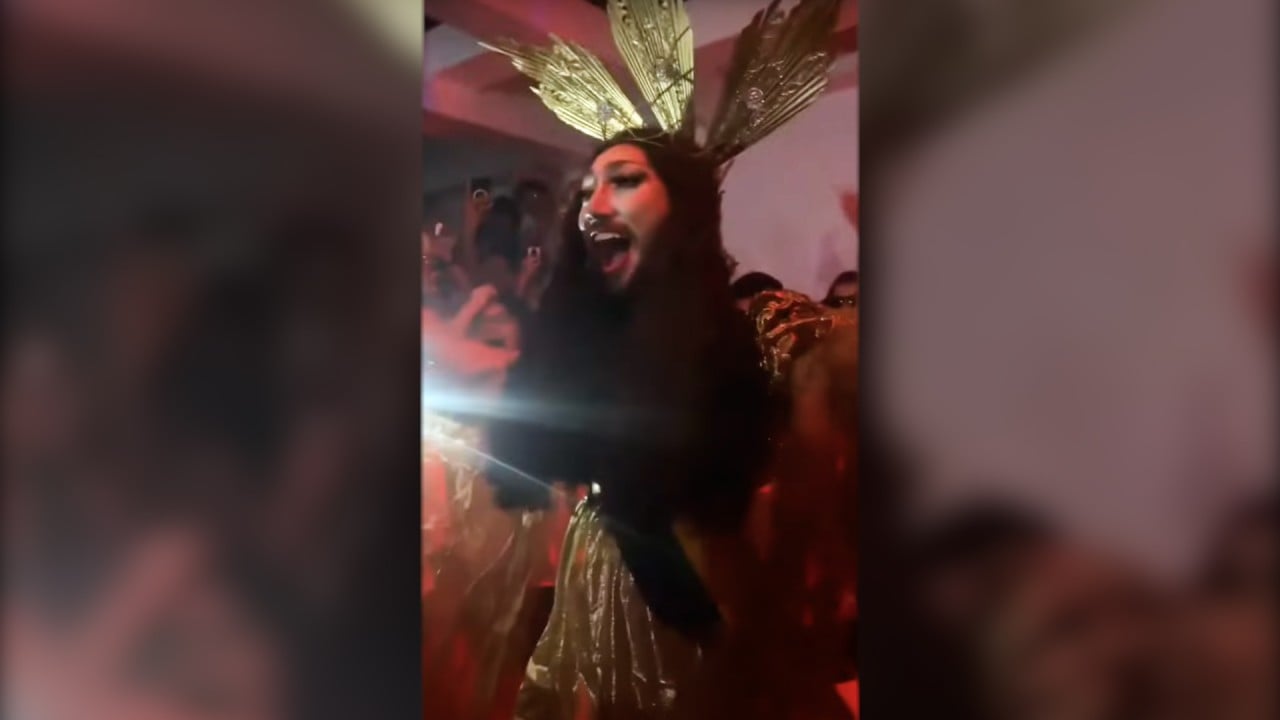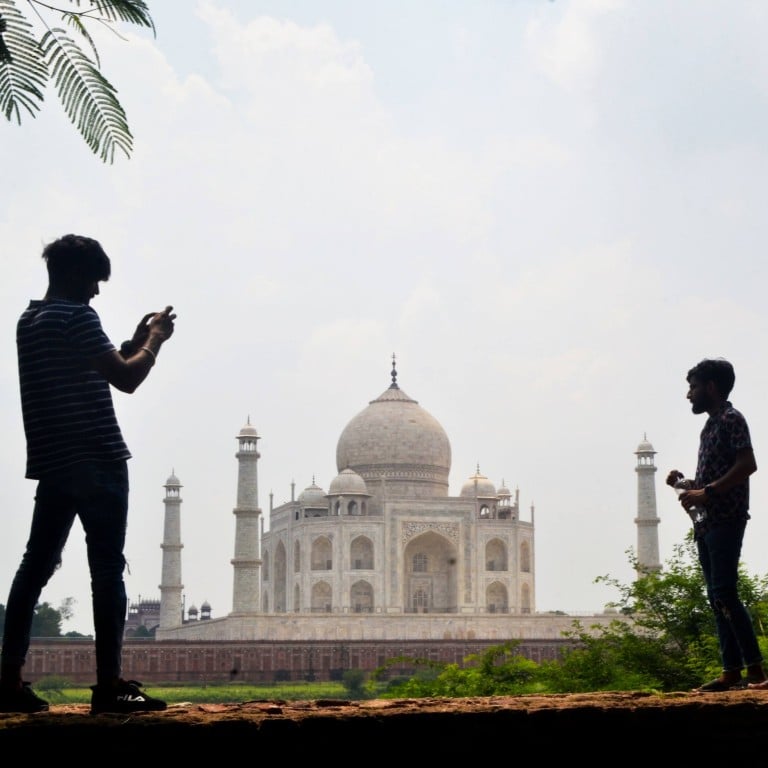
Queer Indians fight for right to safe spaces on Instagram, X, Facebook: ‘abuse is pervasive’
- Calls for better moderation on social media are growing after a teen influencer who was cyberbullied took his life
- Advocates say the need for better protection has never been so urgent, with a 25 per cent rise in cyberstalking and cyberbullying in 2022 against the previous year
Sexual minorities say it is hard enough being openly gay or transgender in India, and the pressure only mounts in the online world, where advocates blame weak content moderation for an explosion in derogatory feedback.
“In India, the online abuse faced by LGBTQ creators, predominantly on Instagram, is pervasive and includes death threats, hate speech, rape threats, bullying and other forms of harassment,” said Jeet, founder of Yes, We Exist, an LGBTQ advocacy group on Instagram.
The widespread abuse significantly impacts the mental health of LGBTQ people, leading some to self-censor, limit online activities or, in rare cases, consider self-harm, said Jeet, who goes by one name.
Teen influencer’s death spotlights toxic cyberbullying of LGBTQ folk in India
While legal protections exist, investigation of complaints is slow and convictions for abuse are scarce, he added.
Even if companies such as Instagram have strongly worded policies on hate speech, LGBTQ advocates say that parent company Meta falls short on enforcement, raising questions about its commitment to minority protection.
“Meta claims to have experienced content moderators who review content in multiple Indian languages, it invests heavily in improving existing systems and processes, and it is committed to keeping all users safe,” Jeet said. “However, these words and commitment seem hollow to queer users on Instagram.”
Yadav dreamed of being a teen influencer – he had amassed about 17,000 followers on Instagram while alive, a number that has since doubled – but the barrage of homophobic cyberbullying his posts provoked may have got too much, according to LGBTQ online content creators and campaigners.
Police have neither issued comment nor revealed the cause of Yadav’s suicide, saying it was still under investigation, while his mother voiced concern in local media about the online abuse her son had faced.
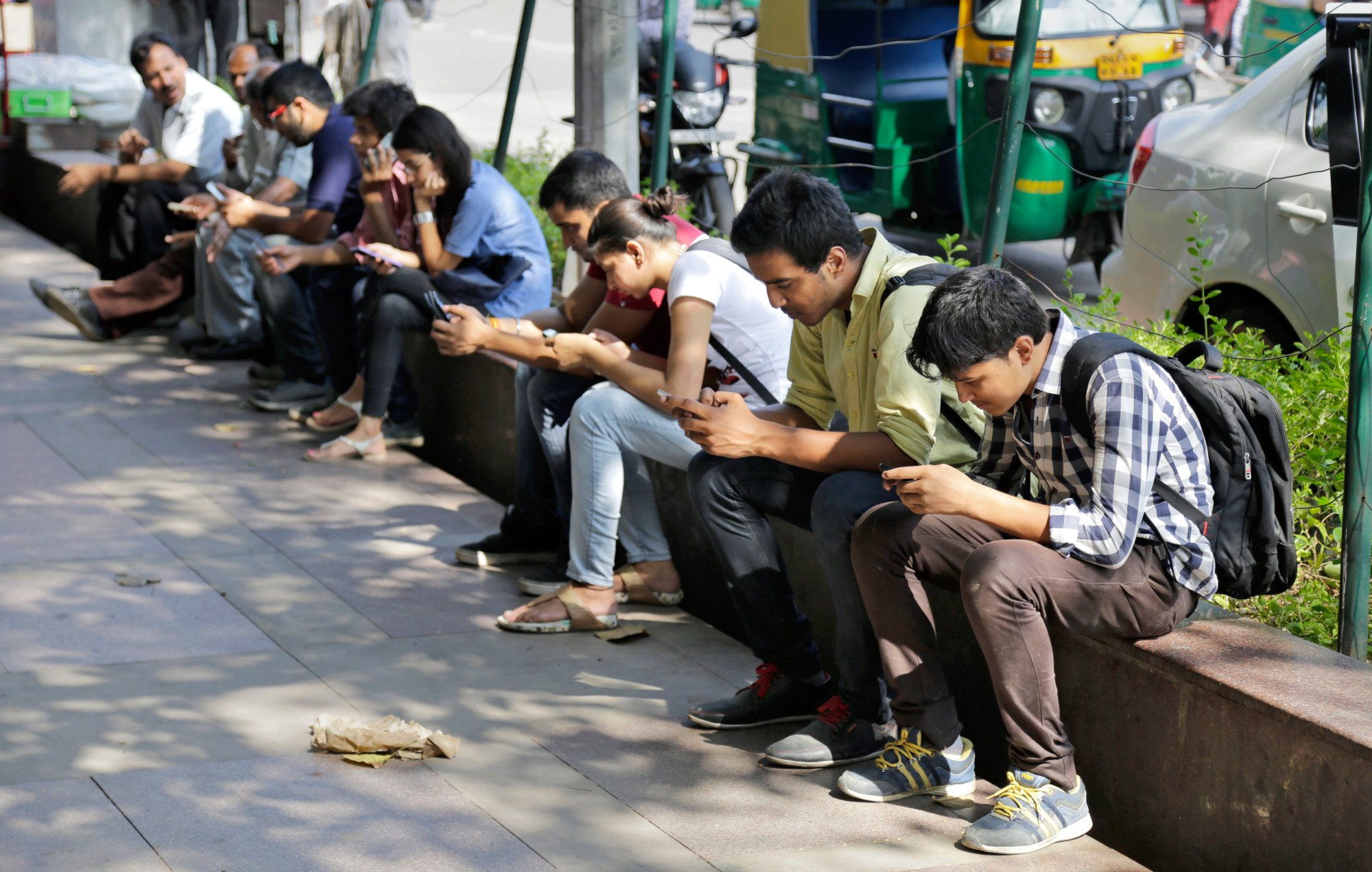
Cyberbullying on the rise
Yadav is not alone in facing a severe online backlash.
Non-binary lawyer Reyansh Naarang, who identifies as neither male nor female and uses they/them pronouns, said abuse of minorities was both rife and rising in the fast-paced social-media world.
“It is extremely painful when people refer to us negatively and mistreat us in any way online as it not only causes mental distress but also forces us to give up our digital footprint,” Naarang said.
The federal government did not respond to requests for comment.
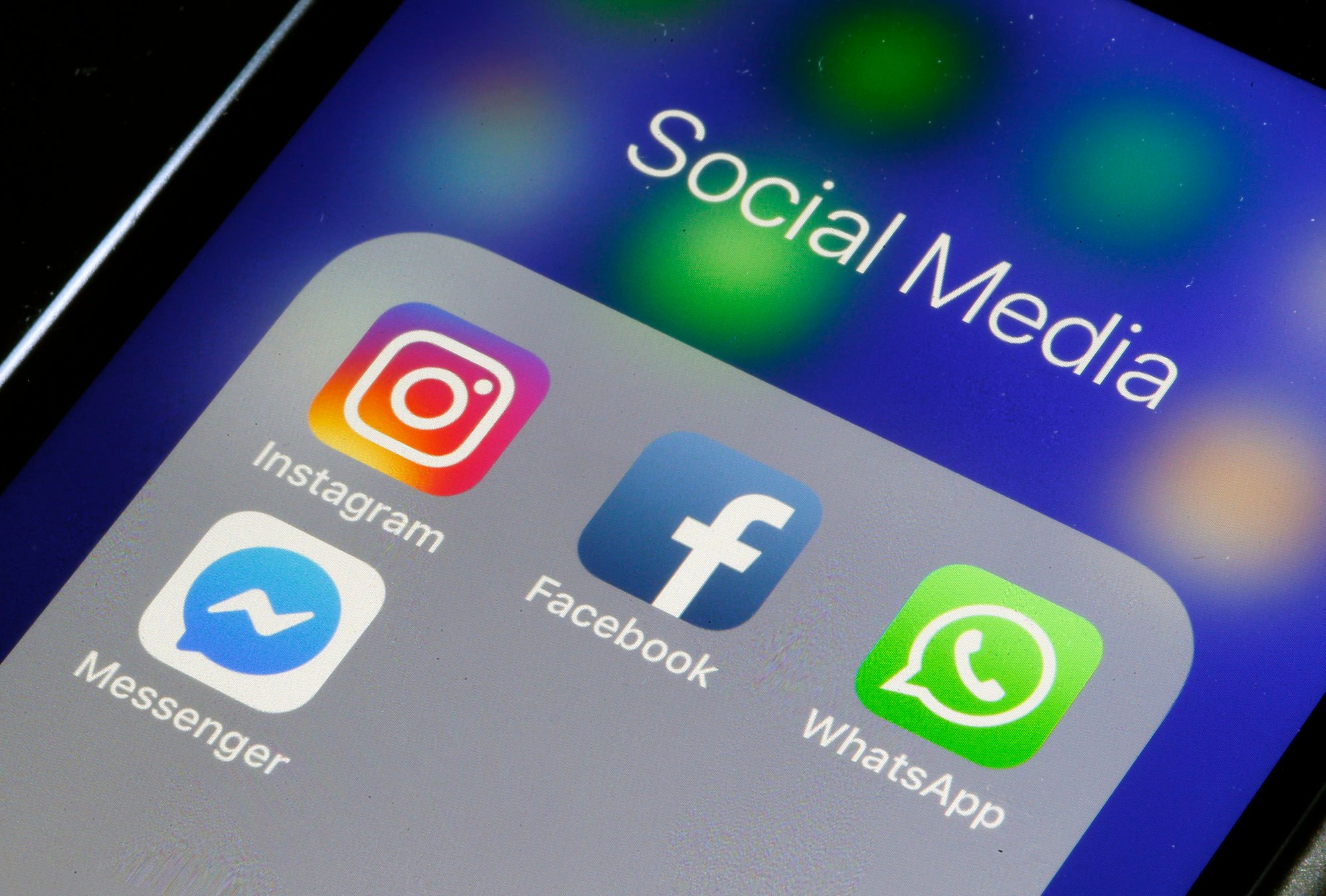
Meta would not talk to individual cases but said it partners with LGBTQ safety and advocacy groups around the world to design policies and tools that make its environment safer.
“This approach is always evolving, and input from the LGBTQ community online is critical to informing and continuously improving Meta’s technologies and programmes,” a Meta spokesperson said in emailed comments. “We recognise the importance of having a safe place to connect online.”
Advocates say the need for better protection online has never been so urgent, with a 25 per cent rise in cyberstalking and cyberbullying in 2022 against the previous year, according to government data released last month.
Cases of online abetment to suicide also rose from 10 in 2021 to 24 in 2022.
Seoul to conscript transwomen who have not done over 6 months’ hormone therapy
Minorities often bear the brunt of bullying, experts said.
All five major social media platforms – Facebook, Instagram, TikTok, YouTube and X (formerly Twitter) – received low and failing scores on an LGBTQ social media safety index in 2023 by media advocacy group GLAAD.
It found Twitter to be the most dangerous for LGBTQ people.
Naarang said LGBTQ Indians also face routine discrimination in daily life, risking police harassment, extortion and abuse, despite a slew of reforms implemented once gay sex was decriminalised in India in 2018.
The police did not respond to requests for comment.
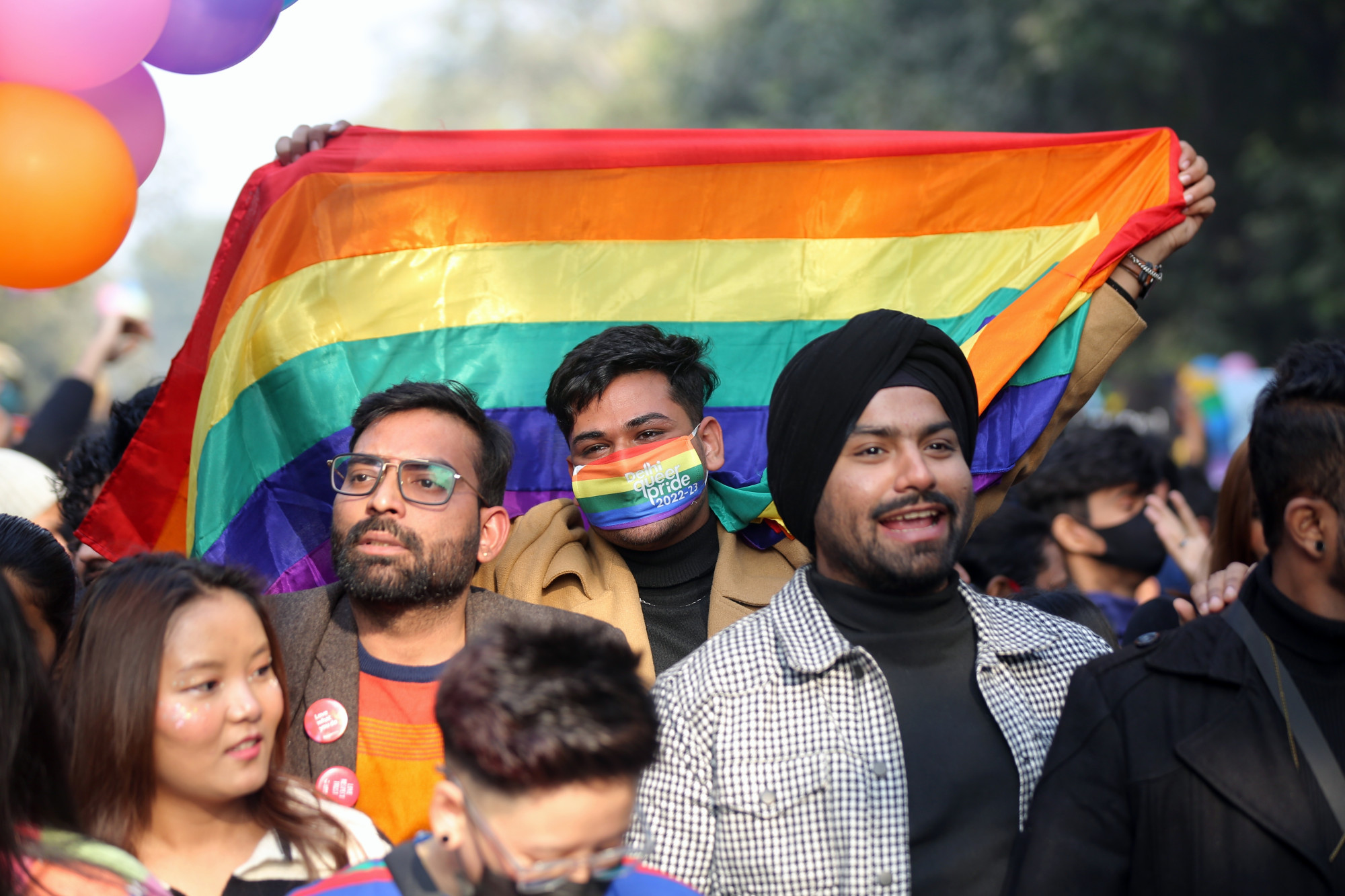
Meta urged to act
Yadav’s suicide prompted LGBTQ rights campaigners to call on Meta, which owns Facebook, Instagram, WhatsApp and Messenger, to crack down on cyberbullying across its sites.
The suicide led to an online petition – started by LGBTQ artist Roshni Kumar – calling on “Meta India to change guidelines to protect queer individuals”.
Since its launch in late November, the petition has garnered nearly 3,000 signatures but “Meta hasn’t shown any desire to deal with the problem”, Kumar said.
A year after Singapore’s anti-gay law repeal, equality still ‘nowhere in sight’
Nishitha Berry, who says she is attracted to people of all gender identities, creates videos about LGBTQ issues for YouTube and Instagram.
She takes issue with how Meta India handles Instagram content like hers, saying it failed to investigate her content properly before removing it, then threatened her with account closure due to the backlash her posts received.
Meta did not respond to requests for comment on this.
Raqeeb, a 30-year-old photographer who identifies as neither male nor female, said social media was a minefield where his work capturing the male body draws “daily threats and harassment online”.
“There seems to be no space for an artist like me in India,” Raqeeb said, recalling Hindi slights that were posted on his Instagram calling him “chakka” or “meetha” – slang for gay.
“Sadly, it takes the death of a member of our community to discuss online harassment,” said Raqeeb.
Legal protection
Swar Thapa, a trans disc jockey, said she is often propositioned online as a prostitute – a common trans stereotype in India – and gets asked about her “nightly rates”.
“Online platforms lack effective algorithms to filter out abusive messages when they are in Hindi as existing systems are primarily optimised for English,” said Thapa, citing the example of the slur “randi” which means prostitute in Hindi.
Meta did not provide comment on language moderation.
Nepal’s first same-sex married couple vows to continue fight for gay rights
Many say the problem is not helped by India’s legal system.
Shivangi Sharma, a Supreme Court lawyer, said government efforts to address online harassment of LGBTQ Indians fall short as the country lacks wider laws protecting LGBTQ people.
Sharma pointed to Asian countries such as Pakistan, the Philippines, Singapore and Sri Lanka that offer more protection.
Activists said social media platforms should also implement a user-friendly “safe mode” to prevent people from tagging them or commenting on their posts.
Digital rights expert Nikhil Pahwa said platforms could also enhance reporting and let users report mass targeting incidents.
“Individuals facing targeted abusive campaigns endure emotional distress, whether lasting for an hour, a week or a month,” Pahwa said. “With a single click, users can activate this mode … providing a quick and effective means of protection.”
He said it was also crucial for platforms to employ reviewers who understand local languages and slang, ensuring they follow the nuances of different cultures and contexts.


